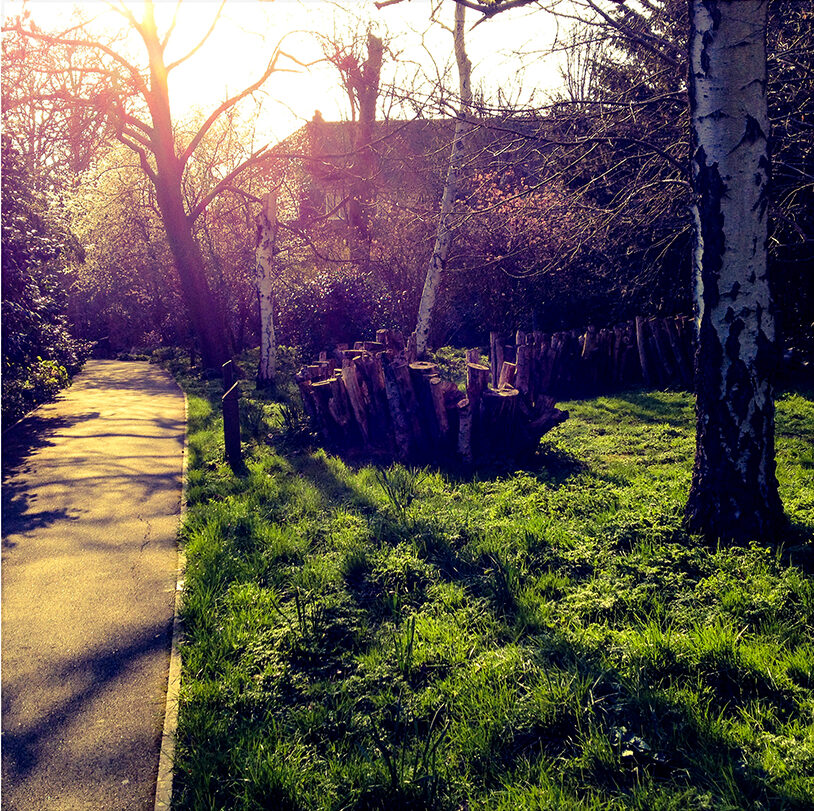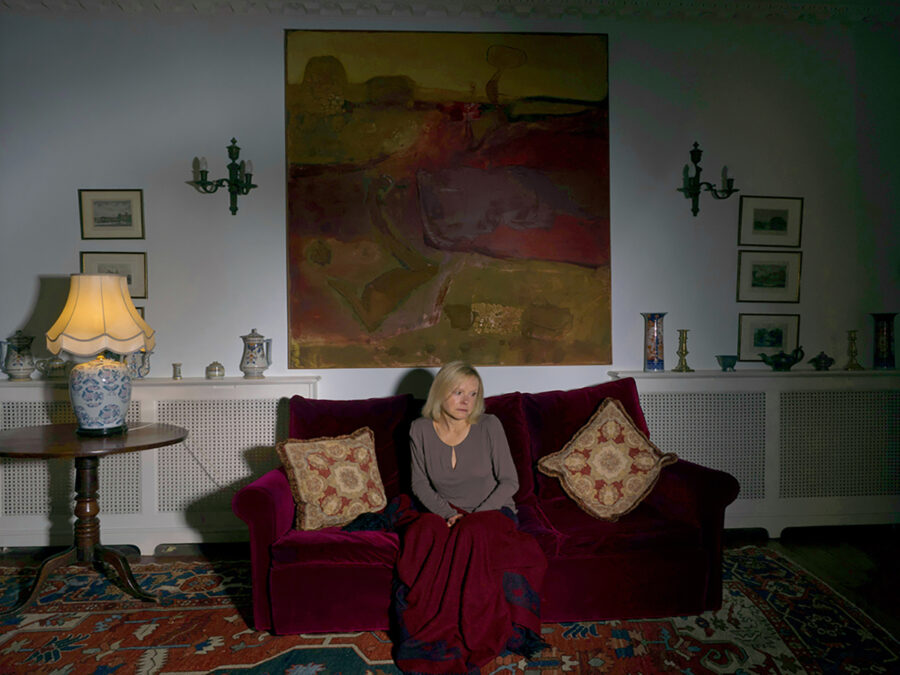In the bustling heart of London, where the fast pace of life can sometimes feel overwhelming, a unique and powerful form of therapy is gaining popularity. Photo Therapy involves techniques used by a trained counselor or therapist as part of a professional therapeutic process. On the other hand, Therapeutic Photography is self-initiated and can be undertaken independently without the need for a trained counselor. Despite these differences, both approaches leverage the power of photography to promote emotional well-being and personal growth.
What is Photo Therapy?
Photo therapy involves the use of photographs and the process of taking photos as a therapeutic tool. It’s not just about capturing beautiful images but also about exploring emotions, thoughts, and memories through the lens of a camera. This form of therapy can help individuals express feelings that might be difficult to articulate with words.
The Benefits of Photo Therapy
Photo therapy offers a myriad of benefits, particularly for those struggling with mental health issues. Here’s how it can help:
- Self-Expression: Photography provides a creative outlet for self-expression. For individuals who find it challenging to verbalize their feelings, capturing images can be a powerful way to communicate emotions.
- Stress Relief: Engaging in photography can be incredibly relaxing. The act of focusing on capturing the perfect shot can serve as a form of mindfulness, helping to reduce stress and anxiety.
- Enhanced Self-Esteem: Successfully creating a meaningful photograph can boost self-esteem and confidence. It provides a sense of accomplishment and pride.
- Improved Mental Clarity: Photography encourages individuals to observe their surroundings more closely. This increased awareness can result in enhanced mental clarity and focus.
- Emotional Healing: Revisiting old photos and creating new ones can facilitate emotional healing. It allows individuals to process past experiences and emotions in a safe and supportive environment.
Mental Health Photography Ideas
If you’re considering trying photo therapy, here are some simple and effective mental health photography ideas to get you started:
- Daily Moments: Capture the small, everyday moments that bring you joy. Whether it’s a cup of coffee in the morning, a walk in the park, or a cozy evening at home, these images can serve as reminders of the positive aspects of life.
- Nature Walks: Spend time in nature and photograph the beauty around you. Nature has a calming effect and photographing it can enhance this benefit.
- Self-Portraits: Take self-portraits that reflect different aspects of your personality and emotions. This can be a powerful way to explore and understand yourself better.
- Photo Journals: Create a photo journal where you document your feelings and experiences through images. This can be a useful tool for self-analysis and growth.
- Storytelling: Use a series of photos to tell a story. This could be a fictional narrative or a visual diary of your life. Storytelling through photography can help you process emotions and experiences in a structured way.
How Photography Helps Mental Health
Photography can significantly improve mental health in various ways. Here’s a closer look at how:
- Mindfulness and Presence: Photography requires a high level of attention to detail. This focus can help individuals stay present in the moment, reducing anxiety and promoting mindfulness.
- Creative Expression: Creativity is closely linked to mental well-being. Engaging in creative activities like photography can elevate mood, reduce stress, and foster a sense of fulfillment.
- Connection and Community: Sharing your photographs with others can create a sense of connection and community. It can be especially beneficial for those who feel isolated or lonely.
- Perspective and Insight: Photography allows individuals to see the world from different perspectives. This can lead to new insights and a deeper understanding of oneself and others.
- Therapeutic Reflection: Looking back at old photos can be a therapeutic experience. It allows individuals to reflect on their journey, recognise growth, and gain closure on past events.
How Photo Therapy is Practiced in London
Photo therapy in London can take various forms, from individual sessions to group workshops. Here are some common practices:
- Individual Sessions: One to one sessions with a trained counsellor or therapist who specialises in Photo Therapy Techniques.
- Group Workshops: Participating in group workshops can provide a sense of community and shared understanding. These workshops often involve group discussions, collaborative projects, and guided photography exercises.
- Nature Walks: Some therapists incorporate nature walks into their sessions, combining the therapeutic benefits of being in nature with the creative process of photography.
- Mindfulness Photography: Mindfulness-based approaches encourage participants to focus on the present moment and capture images that reflect their immediate thoughts and feelings.
Finding the Right Photo Therapy Service
When looking for a photo therapy service in London, it’s essential to find a provider that resonates with you. Here are some tips to help you choose:
- Credibility: Check for a service with a strong reputation. Reading reviews and testimonials can provide insight into the experiences of others.
- Qualified Therapists: Ensure that the therapists are qualified and experienced in photo therapy techniques within a mental health setting.
- Personal Connection: It’s important to feel comfortable with your therapist. Many services offer an initial consultation to see if it’s a good fit.
- Tailored Approach: Each individual’s needs are different. Find a service that offers a personalised approach to therapy.
- Location and Accessibility: Consider the location and accessibility of the service. South West London has many excellent options that are easily accessible.
The Science Behind Photo Therapy
The effectiveness of photo therapy is supported by various psychological theories and scientific findings. At its core, photo therapy combines elements of art therapy and narrative therapy, both of which have proven benefits for mental health.
- Art Therapy: Engaging in creative activities like photography can stimulate the brain, promoting relaxation and reducing stress. Creating art has been shown to increase levels of dopamine, a neurotransmitter associated with feelings of pleasure and reward.
- Narrative Therapy: Photo therapy allows individuals to construct and share their personal stories through images. This can help people make sense of their experiences, gain new perspectives, and find meaning in their lives.
Moreover, studies have found that looking at and creating images can activate the brain’s reward centers, enhancing mood and promoting a sense of well-being. This makes photo therapy a powerful tool for improving mental health.
Photo therapy is a powerful and innovative approach to improving mental health. In a city as dynamic and fast-paced as London, it offers a unique way to pause, reflect, and heal. Whether you’re struggling with stress, anxiety, or simply looking for a new way to explore your emotions, phototherapy can provide the support and tools you need. Services like Sisiburn in South West London are leading the way, offering compassionate and effective therapy that harnesses the healing power of photography. So why not pick up a camera and start your journey towards better mental health today? The lens awaits your story.



